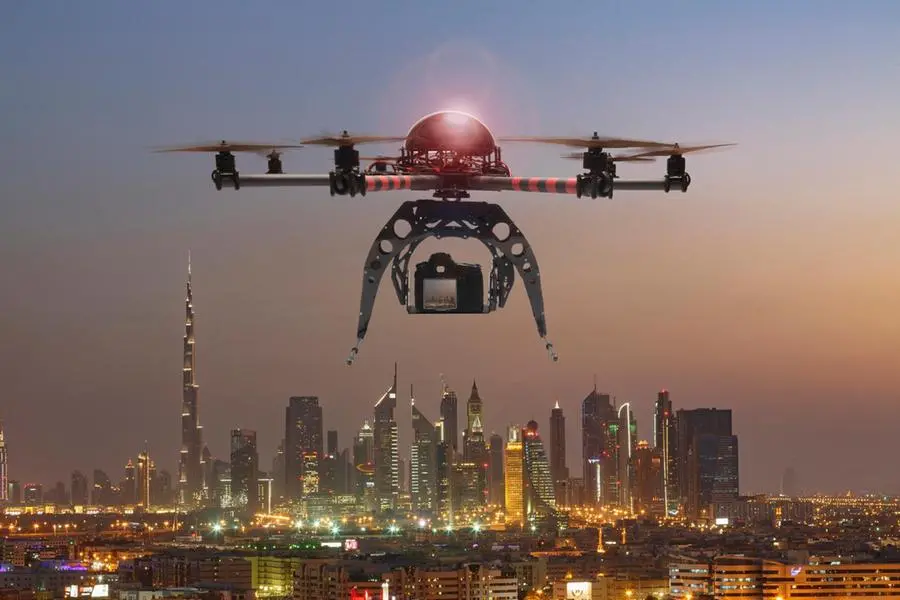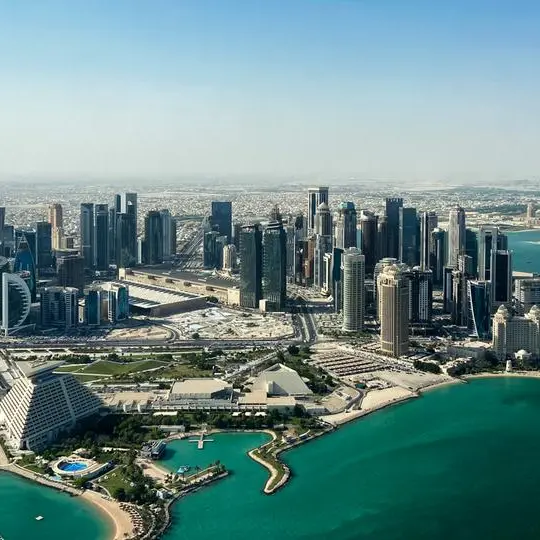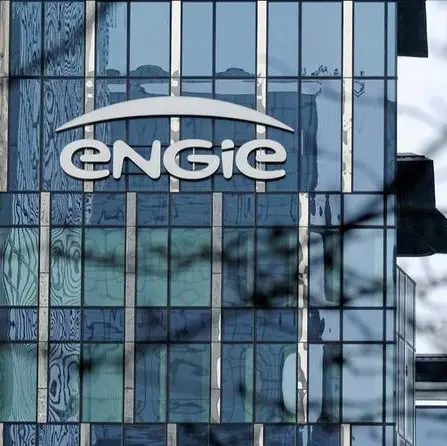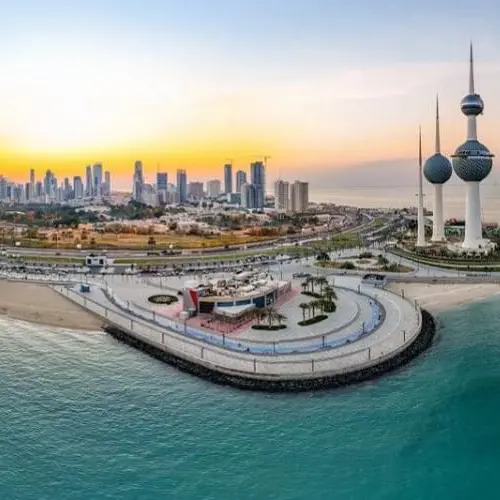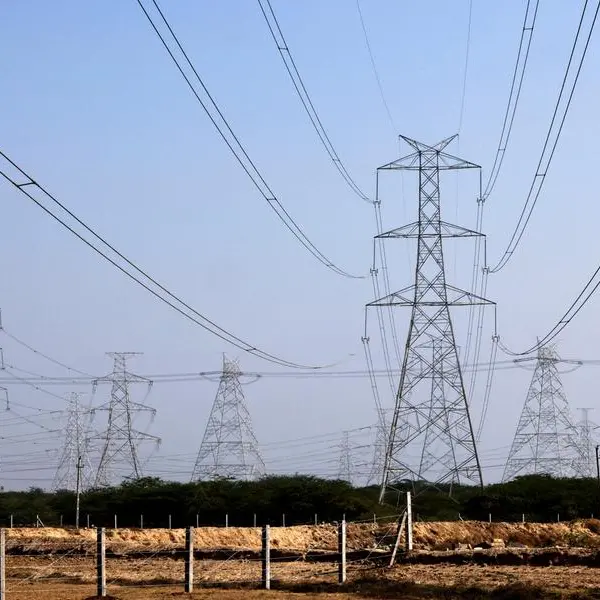PHOTO
Communities in the UAE could be patrolled by security drones as the climate heats up to save the need for guards to patrol in soaring temperatures, according to security company G4s.
Companies in the UAE are more concerned about the impact of climate change on security than any other country in the region, according to date from its World Security Report published this week.
It showed that 46% of chief security officers (CSOs) in the UAE said climate change will be a security impacting hazard in the coming year.
Karim Gelal, general manager of G4S in the UAE told Zawya that climate change globally can cause food and water shortages, displacement of people, damage to critical infrastructure and disruption to law and order.
In the UAE, where summer temperatures can already reach 50C and could rise higher due to climate change, the simple matter of a security guard patrol can be difficult, he said.
“The intense heat in the UAE affects static guards who are posted outdoors exposed to high temperatures,” he said.
“With climate change it could become more intense.”
CSOs are implementing additional integrated technology, CCTV and access control in order to mitigate such challenges, he said.
But, some could go further and employ security drones, already in use by UAE authorities, to spot hazards, which would then trigger a manpower response.
Developers and community managers could deploy the technology, he said.
The concern about climate change as a security hazard is higher in the UAE than the global average, which is 38%.
While climate is a security concern, the levels of concern in the UAE about internal and external security threats is in general lower, G4S said.
UAE CSOs expect to face the fewest number of sabotage incidents in the region, with 13% saying it was a concern compared to a regional average of 22%.
The UAE also reports the lowest level of predictions of violence against other employees and industrial espionage cases in the region.
The concern about vandalism was at 13% and intellectual or physical property theft at 15%.
Of those surveyed, 44% say the adoption of new technology is being driven by making their business more sustainable, which is also higher than anywhere else in the region.
(Reporting by Imogen Lillywhite; editing by Brinda Darasha)
